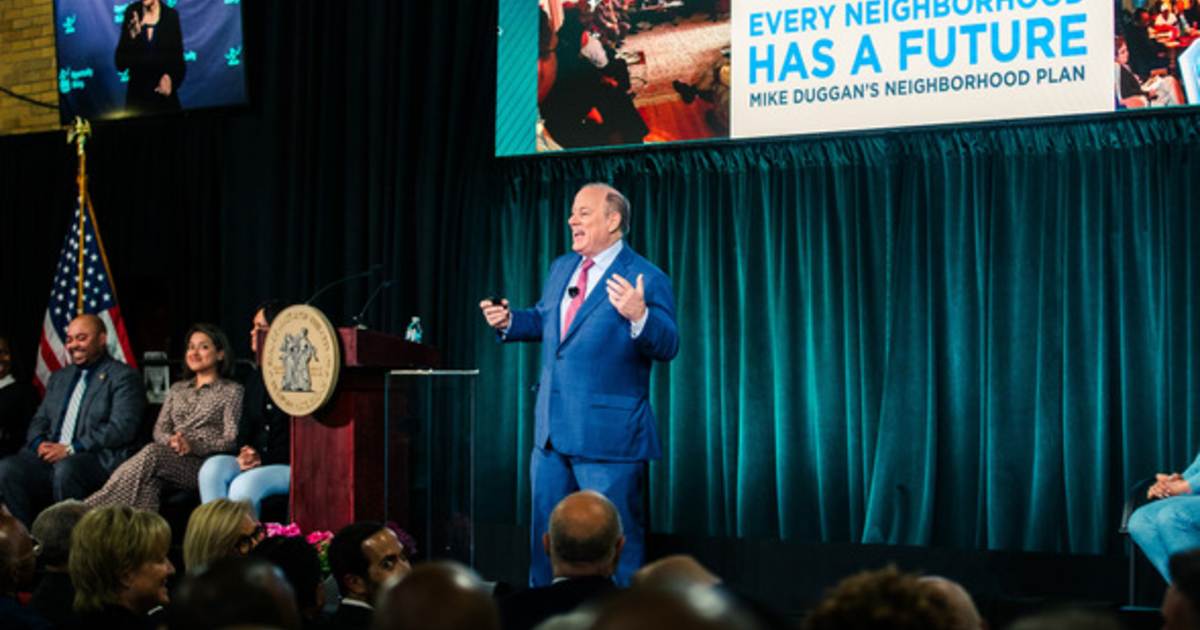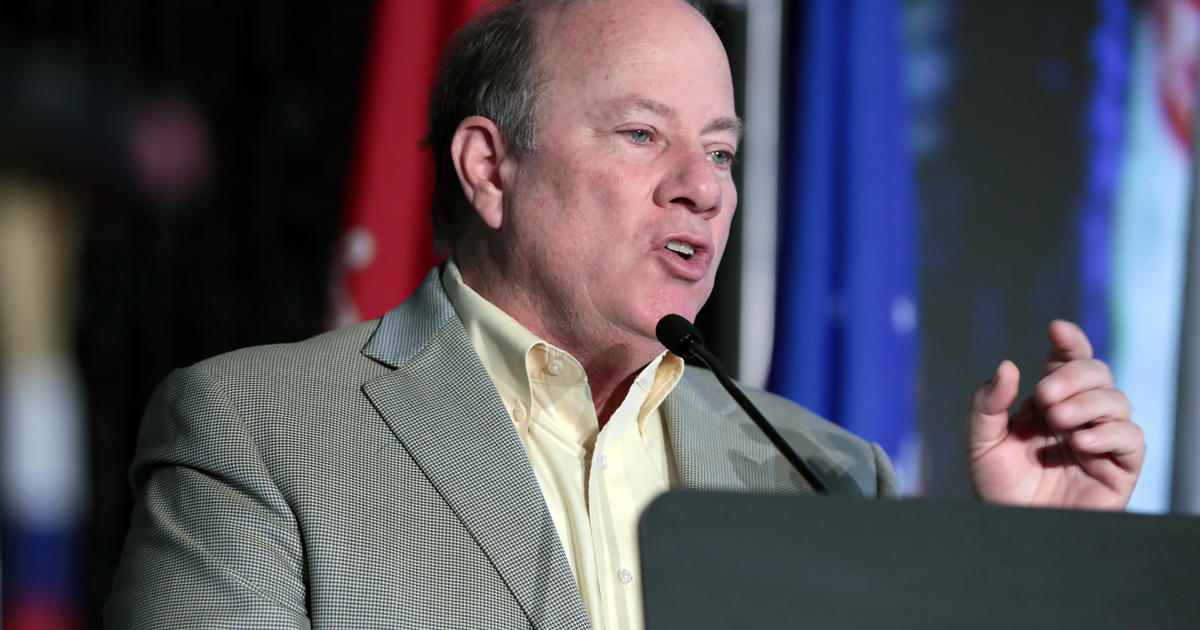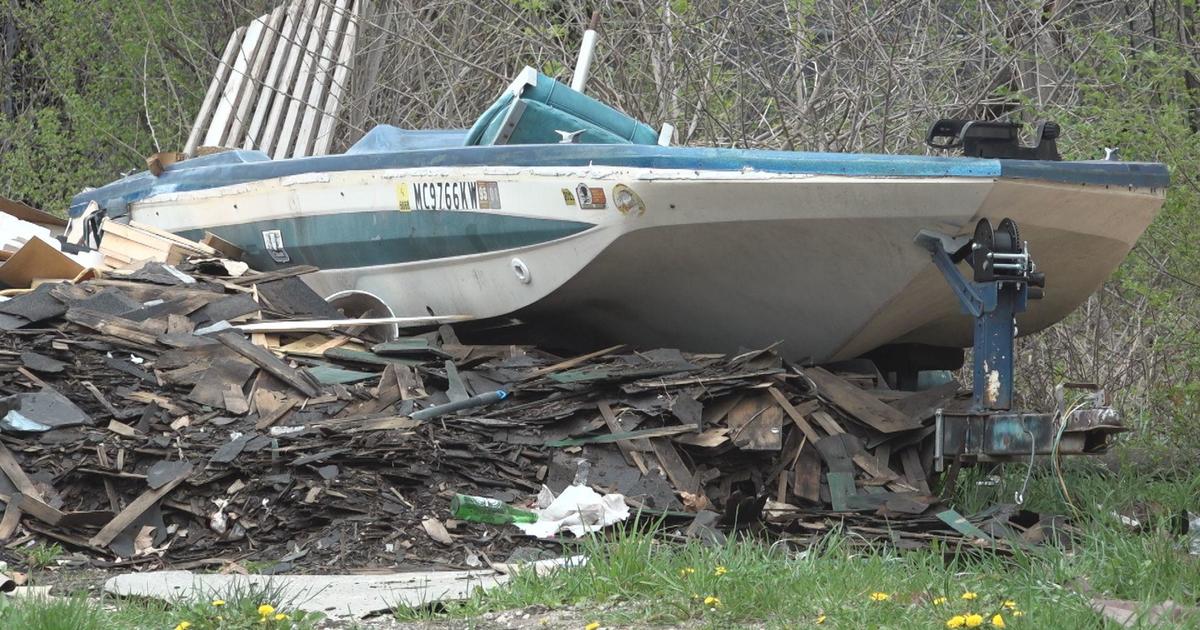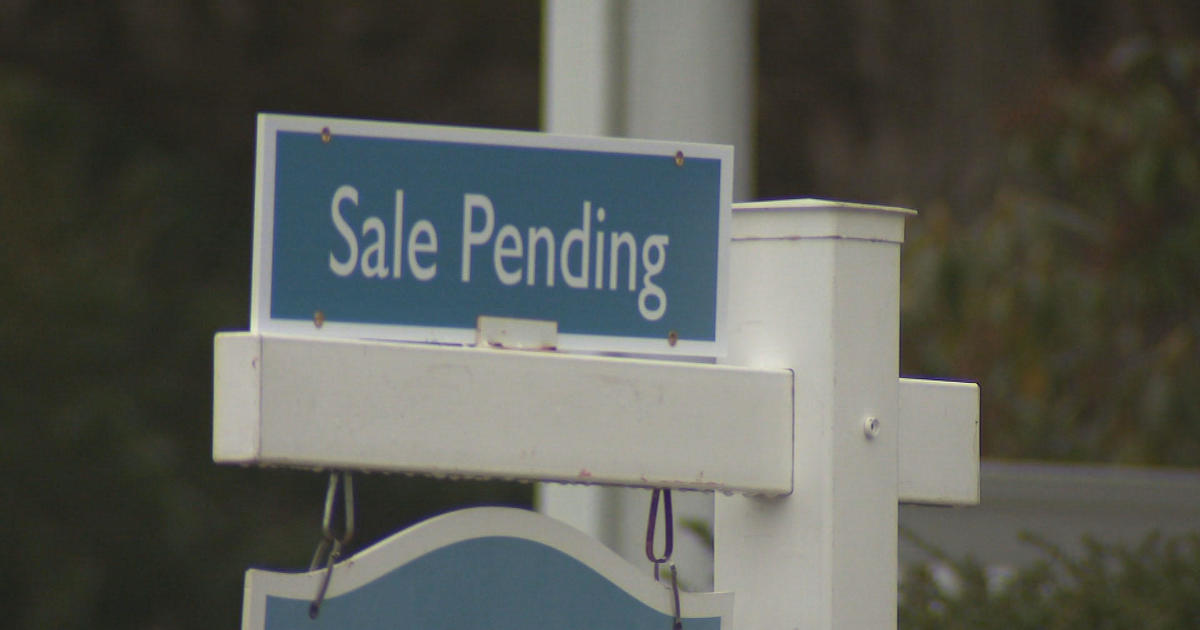Mayor Dave Bing Fiscal Crisis and Service Issues Address
Detroit Mayor Dave Bing made the following address to the people of Detroit at 6 p.m. on Wednesday, November 16, at the Northwest Activities Center:
"Good evening. I want to thank our residents for tuning in tonight and the media for allowing me this opportunity to address the challenges we are facing in the City of Detroit. Four years ago with the auto industry on the brink of collapse, workers and management faced an uncertain future. Rather than continue fighting old battles, they chose to adapt…accepting new labor agreements, reduced wages and benefits, and changing the way they operated their business. Tonight we face the same challenge and must make similar decisions.
Simply put, our city is in a financial crisis and city government is broken. That's not new. That's not an opinion. That is a fact. I promised when I ran for this office that I'd tell you the truth, even when it wasn't pretty or popular. The reality we're facing is simple. If we continue down the same path, we will lose the ability to control our own destiny.
For decades the City has refused to face its fiscal reality. We cannot continue to operate that way. Without change, the City could run out of cash by April with a potential cash short-fall of $45 million dollars by the end of the fiscal year.
City government has to work within a budget. And like you, we've tightened our belts, cut our spending and tried to do more with less. We have eliminated approximately 2,000 positions since I entered office, but with the bills continuing to pile up and core services suffering, it is clear that we have to do more.
Residents are frustrated and I understand why. I ride around our city and talk to people every day. I receive your letters, your calls and your emails. You want a safe city. You want officers on the street, fire and EMS services that have the resources to respond quickly when you call during an emergency. You expect the City's streetlights to be on to keep you safe from criminals and you need a bus system that you can rely on to get to work, to school and to the doctor on time.
Those are all reasonable expectations of city government and they are expectations that haven't been met for far too long. I refuse to do what's been done in the past. I refuse to sugarcoat the situation or continue kicking the can down the road expecting someone else to solve our problems. I stand before you tonight to outline what we are doing to address your concerns and ask for your support in this effort.
Let me make one thing perfectly clear. I don't want an emergency manager making decisions for my city. I am your mayor and I want to continue to lead the City back. I am going tell you what we are doing to get buses up and running. I am going to tell you what we're doing to turn the lights on…and keep our city safe. And I'm going to ask for your help to push for the reforms, tough choices and structural changes we need to control our own destiny.
With less revenue coming in and service demands higher than ever, we have to shift our fiscal priorities and fundamentally restructure how city government operates.
Public safety is the most important service we provide. I will not allow police and fire to be gutted. I will not allow criminals free reign over our city. We need every officer we have out on the street fighting crime. I will not eliminate hundreds of our firefighting force. We depend on them to protect us and save lives every day.
I do not want to cut boots on the street but we need police and fire to accept the same 10 percent cut in salary that the rest of our city employees have accepted. Together, the police and fire departments comprise about 60 percent of the City's budget dollars. Adding that savings to the cuts instituted across all city departments will save a total of $13 million dollars this fiscal year.
Cutting resources to police and fire is not the answer. Our officers need access to technology to lock up criminals and prevent homicides. Shot-spotters is a technology that has been successful in cities across the country in helping to solve and prevent homicides. Tonight I am asking that Council take immediate action to approve that contract, funded by grants and drug seizure dollars, to give our officers the tools they need.
We are making progress on public safety. Overall, crime is down more than 10%. However, the most important measure of crime is up almost 20% from last year, loss of life to homicide. It is an epidemic and we must do more to keep people safe.
That is why in August I called our national, state and local law enforcement agencies together to establish a partnership and attack violent crime. In less than 24 hours, that collaboration led to one of the largest drug busts in the City's history.
Reducing crime is a responsibility shared across our city. As a community, that means stepping up and talking to police when you know something about a crime. It means respecting each other and restoring the sense of community that once made Detroit's neighborhoods the envy of cities across the country.
Over the last few months I have heard numerous stories of people who have been left out in the street and in the dark for hours waiting for buses. Too many kids are late for school; workers late for their jobs and others are simply stranded and frustrated. We simply have to do better.
On a daily basis, we need 305 buses on the street to provide optimal service for residents. Over the last three months, we are on average almost 100 buses short of where we need to be. I won't stand here and tell you we have the ability to fix everything in the short-term. Detroit has an aging bus fleet, a lack of resources for maintenance and higher demand than ever for bus service.
That said, I recognize the need for immediate action. On October 19, I gave the mechanics union and DDOT management 30 days to work with us to determine how to get more buses on the street. Based on hours of discussion and negotiation, I am taking the following actions:
1) Effective immediately, I have eliminated furlough days for the bus mechanics. We need every available hand working every day to get these vehicles on the street as quickly as possible.
2) Effective immediately, I have instructed DDOT to allow for mechanics to work nearly around the clock to fix the buses. A 10 percent wage reduction will remain in place to offset the cost of this short-term solution.
3) Detroit police is providing enhanced security on the buses and random checks to protect passengers and drivers.
4) Effective immediately, I have instructed DDOT to ensure that parts are available to fix the buses.
5) We have begun the process of selecting a new management firm. It is past time to bring the best-practice approach of industry experts to manage our fleet.
Given our challenges, it would be unrealistic to expect that next month we will have the 305 buses we need running every day. However, I will not settle for anything less than 25 additional buses returning to the street every month from now until March. While this action plan will result in immediate improvements to bus service, the long-term issue with public transportation must still be addressed.
DDOT currently consumes $80 to $100 million dollars in subsidy from our general fund. That cannot continue. We must find ways to be more efficient and provide better service.
The department is set to receive 47 new energy efficient buses through the federal stimulus by the end of March. In 2013, we will also replace an additional 20 buses thanks to a federal grant announcement by the Obama administration. New vehicles are one piece of the long-term answer. Better management is another. Cooperation from our workers, City Council and our residents is the final and most important piece of the equation.
I will not allow our kids and seniors to continue waiting in the cold for buses, standing out in the dark vulnerable to criminals.
That brings me to public lighting. No department needs structural investment more than our lighting department. Like a car or a house, if you don't pay to maintain it, eventually it breaks down and falls apart.
We need a lighting system that works in Detroit. City government lacks the $300 million dollars in required capital investment and the know-how necessary to fix the lights. We must focus more on getting the lights on and less on who provides that service.
We have begun discussions with private utilities that can afford to make the necessary investments in public lighting. Transferring PLD responsibilities to a private entity is the long-term solution we need to provide residents a well-lit city.
In the short-term, City Council approved my proposal to get 5,000 lights back on in the next three months. Let me be clear, this is only a temporary fix, not the long-term solution. We cannot fix all the lights out in every neighborhood. Our focus right now is repairing lights in the residential areas where the majority of our population lives. We have contracted with DTE to replace 3,000 lamps in dense areas. PLD staff is focusing on fixing the grid that supplies an additional 2,000 lights across the city.
Given our fiscal crisis, spending money to fix the lights, get the buses running and maintain public safety requires sacrifice in other areas. We have to make choices and there is no way to avoid that reality. If we don't, we know the risk. None of us want financial decisions being made by a state-appointed emergency manager. Avoiding that fate means supporting change and sacrifice that won't be easy.
The city will face a $45 million dollar cash shortfall by the end of the fiscal year if we don't make structural changes. Today, I released to the public a new financial report showing our cash flow and what will happen if we fail to take action. It is available for anyone to see, with a full explanation and summary on our website, detroitmi.gov. I encourage our residents to scrutinize that report, ask us questions and start a true dialogue about our options.
Last week I met with our union leadership to discuss what the city needs to avoid running out of cash. We presented this information and asked for the following.
1) Elimination of furlough days for all city employees with implementation of a 10 percent across the board wage cut.
2) Changes to existing healthcare coverage including a 10 percent increase in employee contributions to their coverage.
3) Pension reforms that will make the city more competitive with other municipal plans including reducing excess payouts from the system.
4) Reform our work rules that will reduce overtime costs and streamline operations.
5) Additional strategic layoffs will also be necessary given the City's fiscal position.
Together, these five concessions represent a savings of more than $40 million dollars for this fiscal year. I know that accepting sacrifice is difficult for our city employees. I know that government has gone to the unions time and again asking for concessions in tough fiscal times. But at no time have city services suffered so much as they are today. Residents deserve more than reduced services and high taxes. We simply cannot afford to provide the rich benefits packages that our employees have enjoyed for decades.
This is not an attack on labor or our dedicated employees. The private sector including the auto industry was forced to accept tough cuts to survive. The terms we are asking for are no different than what most Detroiters receive at their places of employment. We are asking for the same partnership with city retirees. If Detroit's 22,000 retirees accept the same medical and pension reforms, the City will save an additional $8 million dollars in this fiscal year alone.
In addition to labor concessions and strategic workforce reductions, we will implement the same 10% reduction in pay for city contractors. Effective January 1, we will also implement a tax rate increase of less than 1 percent for corporations in Detroit. If we are asking our unions and our contractors to sacrifice, it is basic fairness and common sense for the business community to contribute as well.
I am also urging Governor Snyder and the state legislature to right one of the historic wrongs that contributed to Detroit's fiscal crisis. In 1998, the city made an agreement with the state to lower its city income taxes over a period of years in exchange for a guaranteed level of state revenue sharing funds. While the city followed through on its commitment, saving Detroiters millions in taxes, the state did not keep its promise. That loss of more than $220 million dollars in revenue is enough to eliminate Detroit's current structural deficit and compensate for this fiscal year's $45 million dollar shortfall. I am requesting the return of those funds to the City of Detroit.
Detroit is critical to the region's economic success. Without a strong urban core, surrounding communities in Oakland, Wayne and Macomb County will also suffer. If we are truly serious about competing as a region, it is time to stand together and put our collective political will and power into action.
We have to make a choice. If we want Detroit to succeed all of us have to put some skin in the game. If we want better public safety, if we want more buses on the street and more lights on, we have to make the changes I have outlined.
Tonight I am asking every Detroiter and all who care about this city to stand with us and work with us to keep Detroit our city. I want you to know the challenges we are facing. I want you to know what we're doing to address them. I want you to know that I love this city just like you and we need your help like we've never needed it before.
Despite our challenges, there are many positive things that are happening in our city right now. Our image is changing for the better. Businesses are investing in the city again. People believe in Detroit and want to see us succeed all across the world. We cannot afford to lose that momentum.
The apathy that has paralyzed Detroit for decades ends tonight. All of us have something to contribute to this effort. Together we need to move our businesses, our employees, our contractors and elected officials to do what is right and necessary for Detroit to succeed.
We must cut pension and medical costs by more than $40 million dollars annually and continue strategic layoffs. We must provide better services at a lower cost.
Tonight I laid out the steps to avoid the appointment of an emergency manager. I provided specific actions I am taking to get more buses on the street and thousands of street lights turned on. I outlined what we are doing to keep the city safe.
Detroit has always had the will to survive. We must once again stand up as a community and work together. Addressing this fiscal crisis head-on is the only way to save our city. I want to thank you for watching tonight and for all that you do and will do for Detroit. This is our city and our future.
Goodnight."



